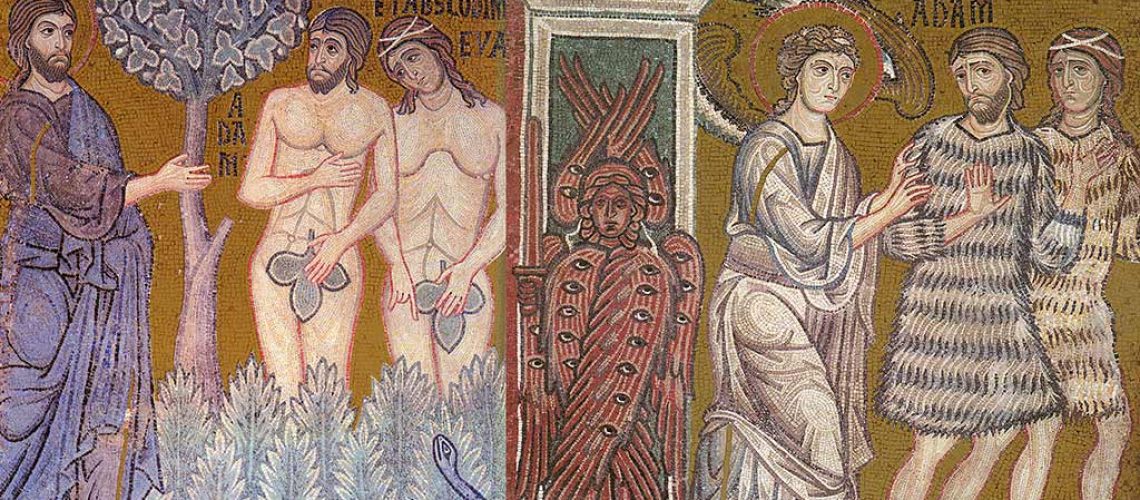Psychological Background
There is a common phenomenon known by psychologists as external and internal attribution. I will give an example to illustrate what this phenomenon entails:
Mark and John write a test and get 90%. Mark attributes his own success to his hard work (internal) while he attributes John’s success to how easy the test was (external).
They take another test on which they get a 40%. Mark attributes his failure to the difficulty of the test (external) while he attributes John’s failure to John’s laziness (internal).
Fall from Paradise
In the fall narrative in Genesis 3, we see a similar pattern as God confronts Adam and Eve with their sin. Adam attributes his sin to Eve while Eve attributes her sin to the serpent.
Christ healed our external attribution in the fall by taking upon Himself the death we deserved, and He did not deserve. God pronounces the consequence of their error as punishment, namely death. But punishment is not the last word. After Adam and Eve are cast, “God made garments of skins for the man and for his wife and clothed them.”
The last memory Adam and Eve would have of God would not be of Him as an announcer of punishment but rather of Him as the One who clothes them. The act of clothing them is seen as a “conciliatory sign.”
The Hebrew Word used to refer to “garments” refers to priestly garments as seen in other parts of Scripture. The garments made of skin suggest that a sacrifice has been offered for the skins to be produced. God continues to see the first humans as the priests of the cosmos despite their fall.
The Humanity-Land Relationship
From then onward, an intimate link is seen between Adam, Eve and the land. “[T]he Lord God sent him forth from the garden of Eden, to till the ground from which he was taken.” The event of casting Adam and Eve out of Eden has a theological element linked to the meaning of the Garden of Eden. The narrative makes the Garden of Eden sound like a place designed to be the dwelling of Adam and Eve. However, Eden is seen as the dwelling place of God in other books of the Hebrew Bible (Isaiah 51:3).
In context, Adam and Eve were placed in God’s dwelling. As a result of the fall, they have been cast out of this which was not theirs from the beginning but rather God’s.
The etymology of the word Adam and ground in Hebrew suggest a common root. Adam is taken from ‘ha-adamah’ and goes back to ‘ha-adama.’ This highlights the close relationship between Adam and the ground, as his source.
The communion of Adam (of the earth) and Eve (whose names means life) gives rise to the rest of humanity. As humanity continues to spread upon the earth, the link between humanity and the land continues to be further emphasized.
The theme of the land will be the focus of the next few posts so stay tuned.
Humility and Responsibility
It is important for us, Christians, to counter thoughts of pride by reminding themselves that we were once taken from the ground. Whatever we attain is not our work alone but rather the result of our cooperation with divine grace. A good exercise to attain humility is to attribute our positive actions to God’s grace rather than ourselves while taking responsibility for our actions. When others wrong you, learn to find them excuses instead of attributing their errors to them being intrinsically evil.
In The Brothers Karamazov, Dostoyevsky writes that men, even the harshest of them, are more naïve and simple hearted than we perceive them to be. I think many of our social problems will be resolved as we attempt to be conscious of this reality Dostoyevsky describes about the human condition. In fact, most criminals are the victims of greater crimes of humanity such as war, social injustice, and discrimination. Let us be humble and let us take responsibility for your actions.

